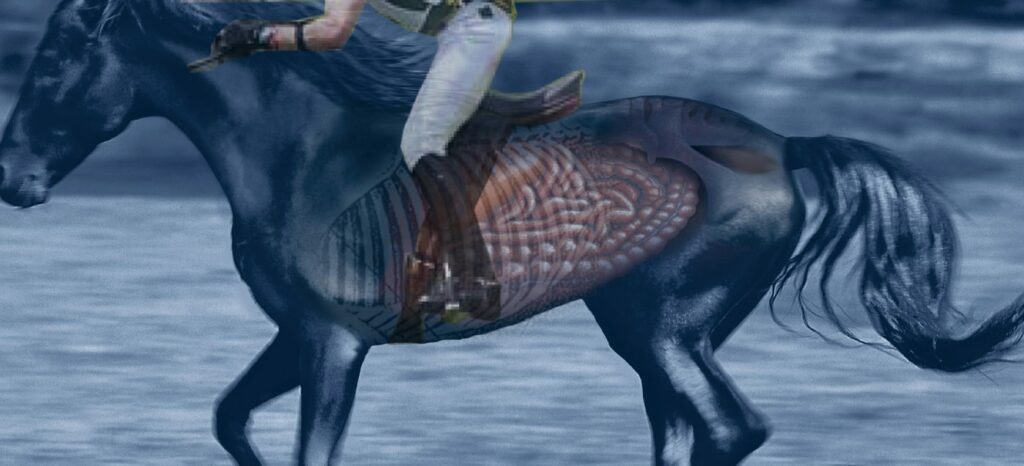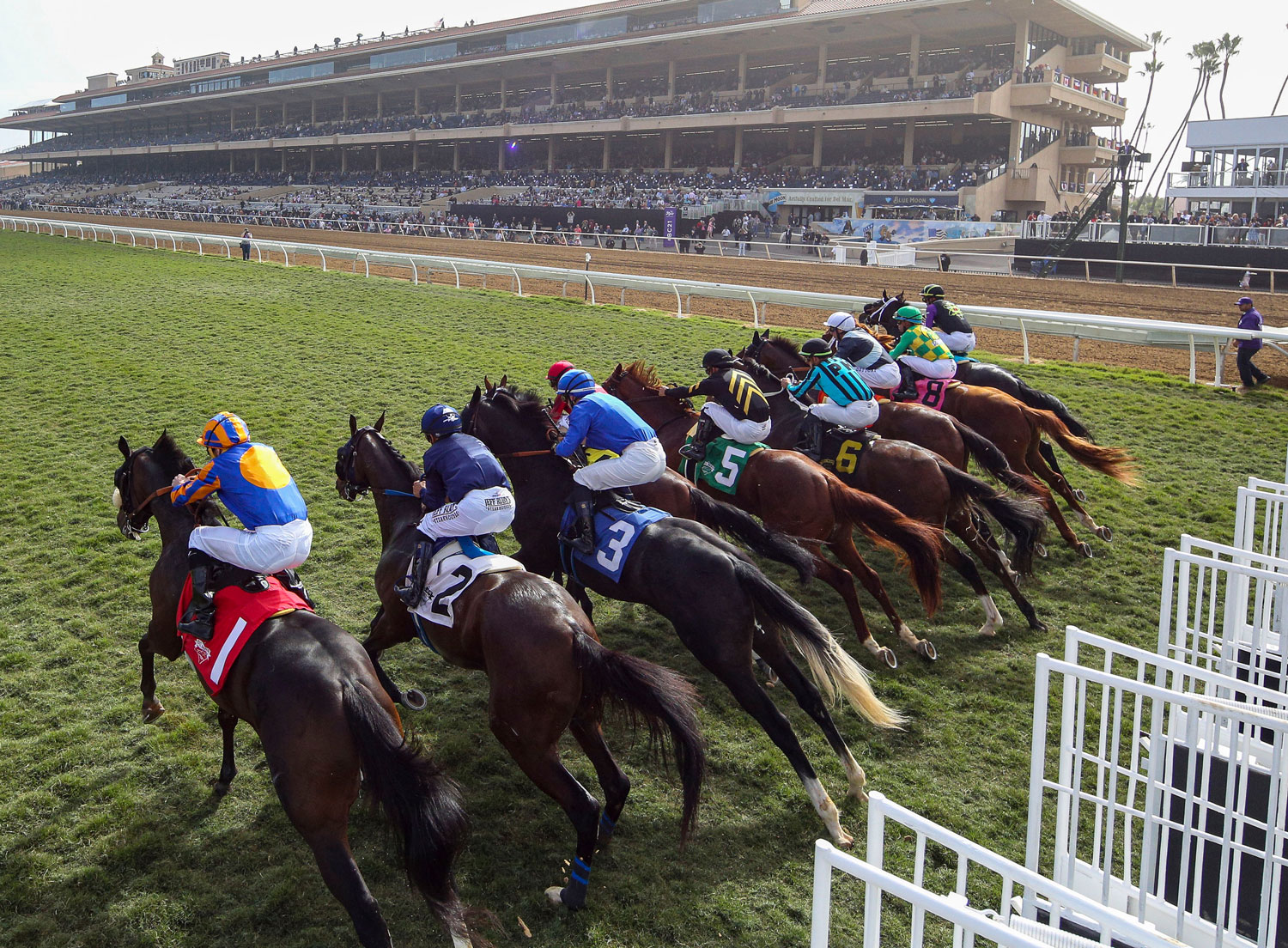In Monday Myths we debunk common misconceptions about a range of topics regarding equine digestive health and care. These are real statements made by real horse people. Have a question or topic you would like to see covered? Submit your idea here.
March 25, 2013
Monday Myth #6: A Cinchy or Girthy Horse Has Gastric Ulcers
Related Posts
Sell SUCCEED
Connect with us
Subscribe to Our Newsletter
Where #SeriousHorsePeople learn about horse health and wellness and stay connected with SUCCEED Equine.




